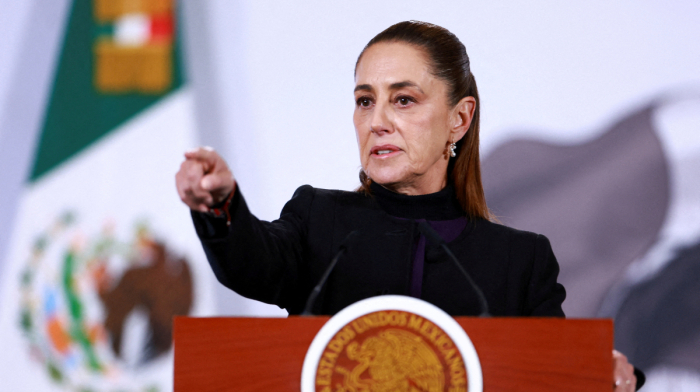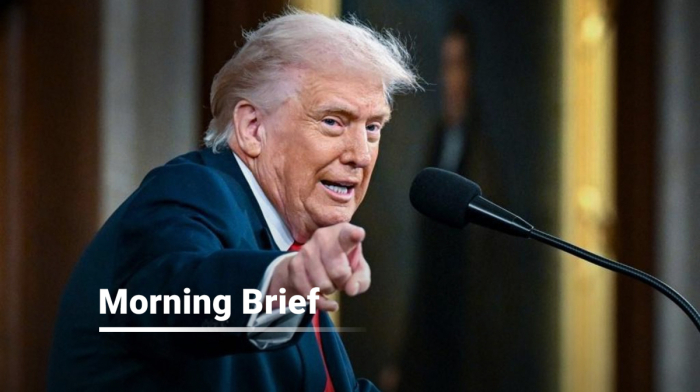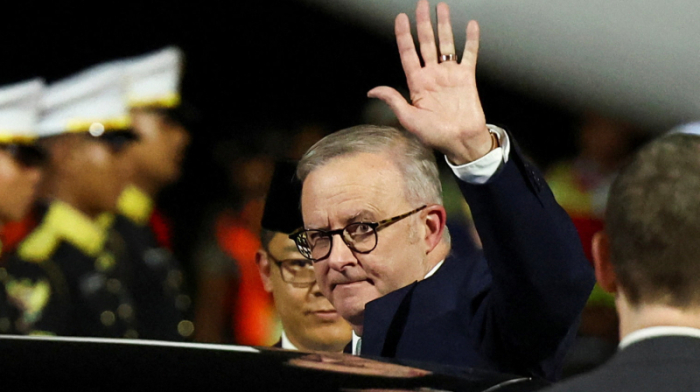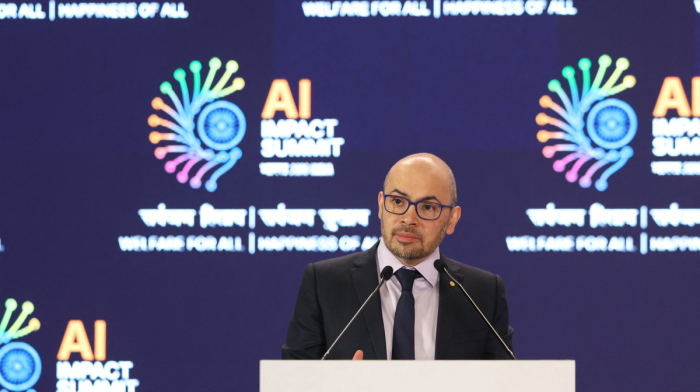China has entered the United Nations’ annual list of the world’s ten most innovative nations for the first time, displacing Germany, Europe’s largest economy, as companies in Beijing ramp up investment in research and development.
Switzerland held on to the top spot, a position it has maintained since 2011, followed by Sweden and the United States. China came in tenth in the Global Innovation Index (GII), which assessed 139 economies against 78 indicators.
The survey showed that China is on course to become the leading spender on Research and Development (R&D), rapidly narrowing the gap in private sector investment.
However, the global outlook for innovation is overshadowed by falling investment. Growth in R&D is forecast to slow to 2.3% this year from 2.9% in 2024 – already the weakest since 2010 in the aftermath of the financial crisis.
China accounted for roughly a quarter of international patent applications last year, remaining the largest source, while the United States, Japan and Germany – which collectively represent 40% – all registered slight declines.
Patent ownership is widely regarded as a key measure of economic strength and technological expertise.
In the longer term, Germany should not be overly concerned about its slip to eleventh place, said GII co-editor Sacha Wunsch-Vincent, noting that the rankings did not take into account the impact of tariffs imposed by the Trump administration.
“The challenge for Germany is how, alongside its strong, decades-long role as an industrial innovation powerhouse, it can also become a leader in digital innovation,” said World Intellectual Property Organization (WIPO) Director General Daren Tang.
The other countries in the top ten – positioned between the United States and China – were South Korea, Singapore, the United Kingdom, Finland, the Netherlands and Denmark.




















What is your opinion on this topic?
Leave the first comment